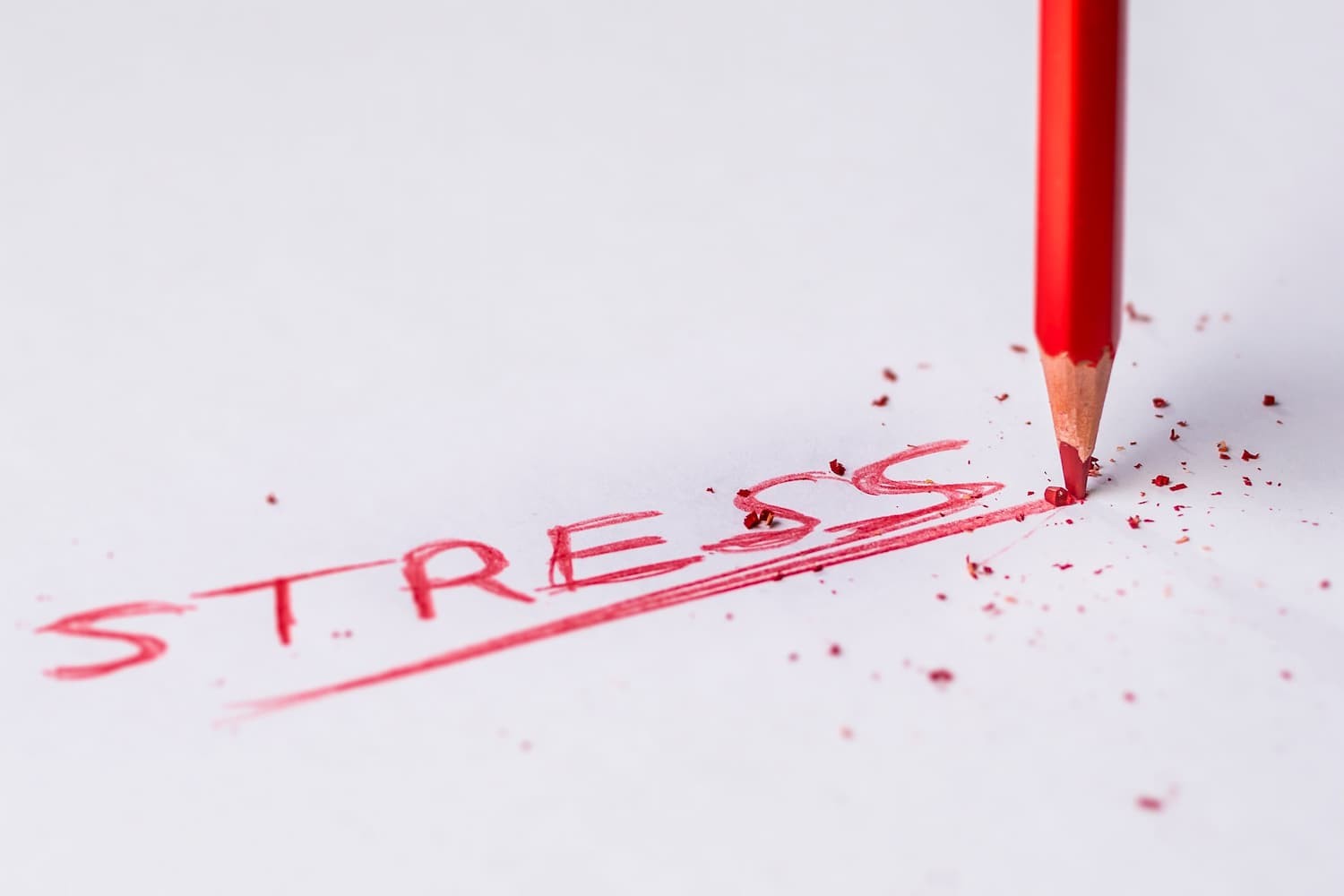
With one in twelve Australians currently suffering from severe stress, it has become increasingly important that we learn to reduce the negative effects of stress on our health and wellbeing.
Young people in particular are more prone to severe stress, which the Australian Psychological Association says is a major concern warranting further investigation.
This is a worry because chronic stress not only impacts our physical health; it is a factor in many mental health conditions, including anxiety disorders and depression.
People cope with stress differently, but the underlying physiology is the same for everyone. Understanding the physical response is the first step in managing stress.
Signs of Stress
Stress isn't always a bad thing. In fact, stress responses have been evolutionary programmed into our bodies to help us deal with threats and dangers in the environment. However, stress becomes problematic when stress responses persist for too long without an immediate threat to respond to.
Source: Non-surgical Orthopaedics
The physical symptoms of stress include:
- Chest pains
- Rapid breathing
- Clenching grinding your teeth
- Tension headaches
- Feeling easily irritated or angry over minor problems
- Insomnia or other sleep disorders
- Depression and anxiety
- Difficulty focusing on tasks
- Nail biting or hair pulling
- Fatigue
- Trembling hands or voice
- Stomach pain
- Loss of appetite
The harmful effects of stress can be both physical and mental. High stress levels will cause the stress hormone cortisol to stay elevated in your system even after the immediate stressor has passed. This can lead to the following:
- Increased blood pressure and heart rate
- Excessive perspiration
- Increased blood sugar levels
- Slow metabolism
- Acid reflux
Long and Short Term Effects of Stress
The short-term effects of stress may include muscle tension, churning gut, racing thoughts, irritability and increased heart rate. This happens because the mechanism known as flight or fight allows us to draw on extra energy when we need it. Left unchecked, it can deplete our energy reserves, leaving us physically and mentally exhausted.
In the longer term, prolonged stress can depress immune function and increase blood pressure. This can eventually damage your heart and blood vessels.
The Physiology of Stress
Walter Cannon first described the stress response in 1915. He found that when human beings are faced with an event we perceive as threatening, our bodies switch to survival mode. This reaction, which involves a number of stress related hormones flooding the body, happens even before we have time to think about it.
Have you ever woken in the middle of the night from a nightmare or from a loud noise? Then you will know what the stress response feels like.
In a matter of moments of becoming aware of a potential threat – even before we know what it is - blood flow is redirected away from non-essential functions to our arms and legs, giving us energy to run or fight. Our eyesight becomes sharper and our brain quickly looks for clues in the environment to help us deal with or escape from whatever is going on.
In most situations, once the stressful situation has passed, our bodies go back to normal, but with prolonged stress the adrenal glands keep pumping out the hormones, leading to exhaustion and fatigue.
If the stress continues our immune system can become compromised, and we are more disposed to becoming ill. Also, cortisol, one of the hormones associated with the stress response, creates a plaque-like substance that sticks to the arteries, restricting blood flow.
The Effects of Stress on the Brain
A certain level of stress can increase mental performance in an exam or job interview; however, these positive effects only work in the short term.
In the long term, constant stress can affect our ability to think clearly. This is because blood flow is directed away from the prefrontal cortex (decision making function), to more primitive parts of the brain associated with survival.
Memory is also affected by stress. In situations where stress is prolonged, both long term and short term memory is diminished.
Coping with Stressful Situations

When we understand the mechanism behind the stress response, it allows us to counteract or minimize the long term physical effects. This means acknowledging that even though we may not have much control over the external stressor – although we can think of making changes - we can control the way we react to our circumstances.
The flight or fight response is automatic, which means it is not within our conscious control. The relaxation response is.
The Relaxation Response
The relaxation response is the natural antidote to the stress response – the body's way of bringing the organism back into balance. One of the best ways to trigger this response is through exercise and relaxation training.
In the short term, the relaxation response can also be triggered by taking deep breathing exercises or by refocusing the mind. For example if we are facing a stressful event, such as an upcoming exam or job interview, we can become aware of the effects this worry is having on the body and the mind, and then make a conscious effort to relax by going for a long walk or taking a relaxing bath.
Once learned, the relaxation response can become second nature. This requires practice in progressive muscle relaxation, autogenic training or meditation.
Other stress management techniques include:
- Maintaining a work-life balance
- Getting regular exercise
- Getting 7 to 8 hours of sleep every night
- Sticking to a healthy diet
A mental health professional like a counsellor or life coach can also assist you in identifying your innate tools and resources for dealing with stress. Stress was once thought of as a temporary condition triggered by an external stimulus, but now it's understood to be a complex adaptive response system involving many body parts. So, whenever you feel stressed out, just visit Natural Therapy Pages to find a health practitioner nearby who can assist you.
Originally published on Dec 19, 2011








